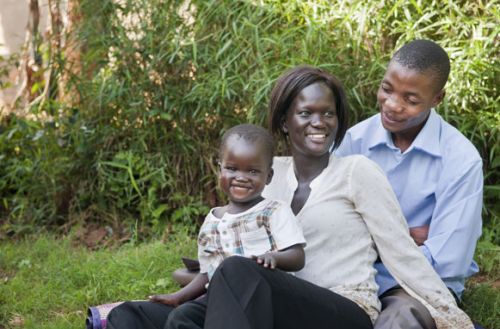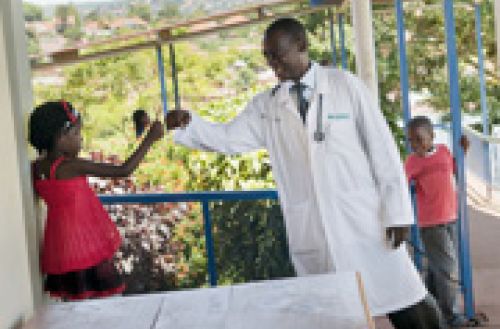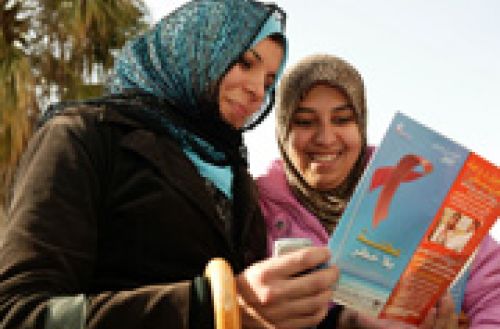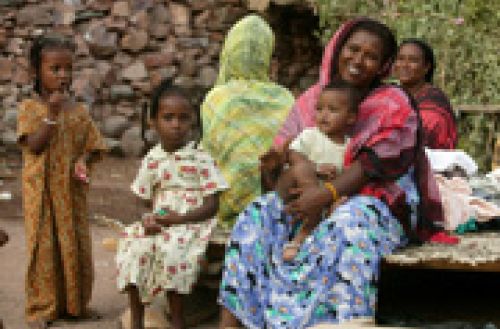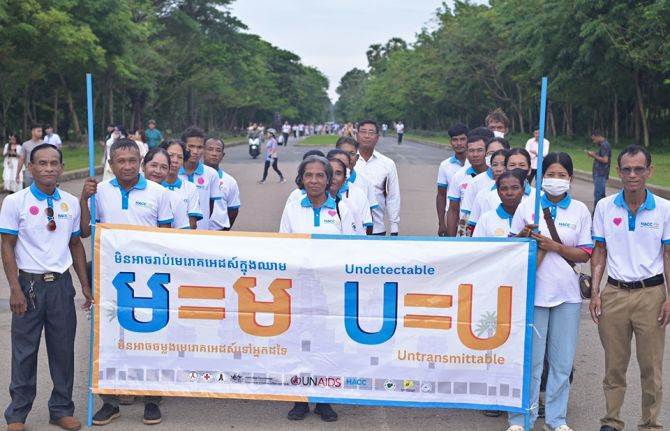
Cambodia showcases huge progress towards ending AIDS, announces a financial contribution to UNAIDS
UNAIDS Executive Director, Winnie Byanyima, saw firsthand Cambodia’s strong progress towards ending AIDS as a public health threat during her 12-16 May mission. Among other achievements, the country treats 100% of people who are aware of their HIV status. Key approaches include national roll-out of modern HIV prevention and treatment tools, community-led service delivery and social protection. During the visit she discussed the sustainability of the response with the Royal Government and…

UNAIDS appoints artist Funke Akindele as National Goodwill Ambassador for Nigeria
ABUJA, NIGERIA, 3 December 2024 — The Joint United Nations Programme on HIV/AIDS (UNAIDS) is pleased to announce the appointment of Funke Akindele, a multiple award-winning actress, movie producer and director, as its new National Goodwill Ambassador (GWA) for Nigeria. This prestigious nomination recognizes Funke Akindele’s outstanding contributions to the fight against HIV and her unwavering commitment to advocacy, raising awareness, and driving efforts to end AIDS as a public health threat by…
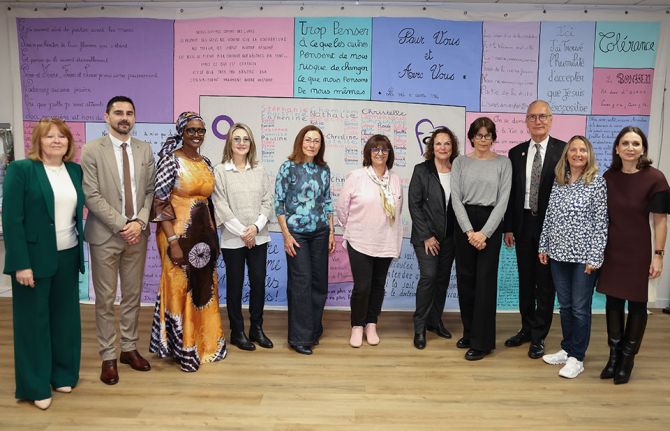
Monaco Principality renews its collaboration with UNAIDS
Winnie Byanyima, the Executive Director of UNAIDS—the organization leading the global fight against AIDS—met with HSH Prince Albert II of Monaco and HSH Princess Stéphanie of Monaco and government officials to strengthen Monaco’s collaboration with UNAIDS.
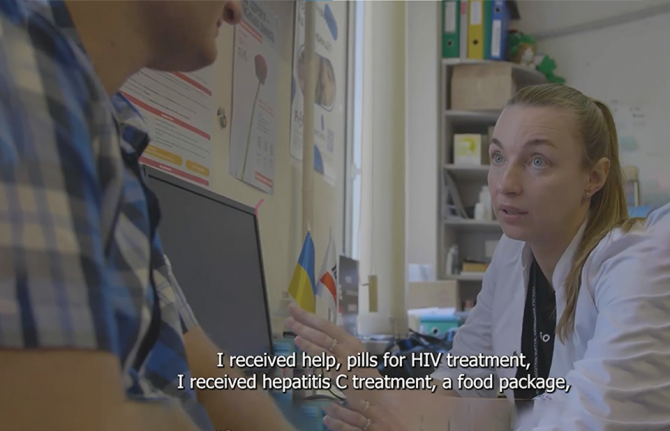
Two years on: UNAIDS supports Ukraine’s commitment to the HIV response
Two years of war in Ukraine have resulted in significant humanitarian consequences. Forty percent of the current population of Ukraine,14.6 million people, are in need of humanitarian assistance, 6.4 million refugees have fled the country, and more than 3 million people are internally displaced. People living with and affected by HIV continue to be vulnerable to the effects of the war, even as HIV services have been restored and are functional in most parts of the country.
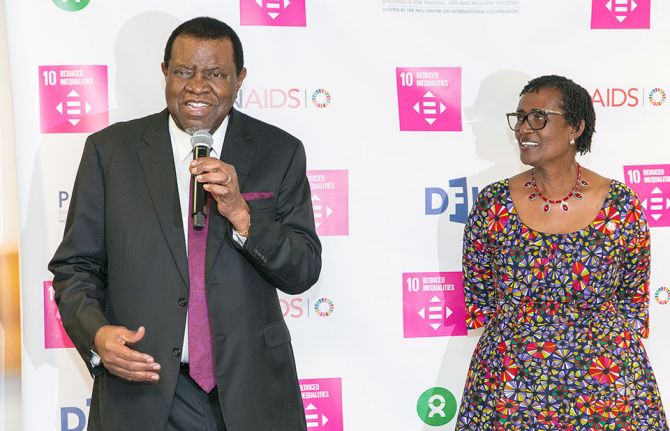
UNAIDS mourns the passing of Hage Geingob, President of Namibia
It is with profound sadness that UNAIDS learns of the passing of Dr Hage G. Geingob, President of the Republic of Namibia. President Geingob was a distinguished leader, a tireless advocate for social justice, and a steadfast supporter of efforts to end AIDS.
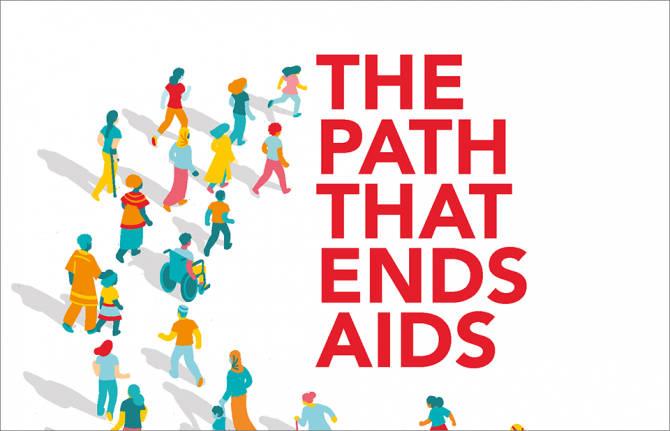
New report from UNAIDS shows that AIDS can be ended by 2030 and outlines the path to get there
A new report released today by UNAIDS shows that there is a clear path that ends AIDS. This path will also help prepare for and tackle future pandemics and advance progress towards achieving the Sustainable Development Goals. The report, ‘The Path that Ends AIDS’, contains data and case studies which highlight that ending AIDS is a political and financial choice, and that the countries and leaders who are already following the path are achieving extraordinary results.
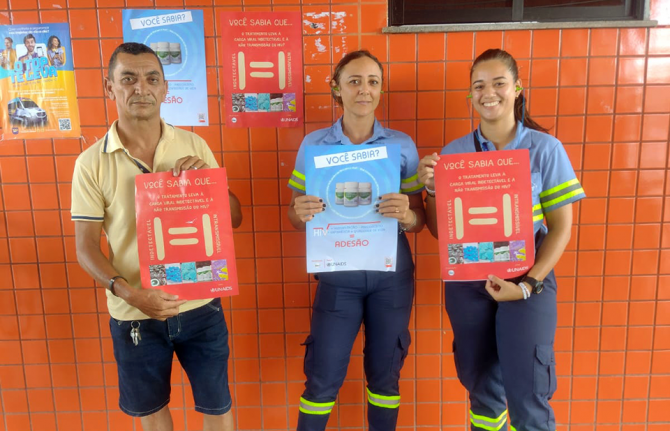
In Northeast Brazil, civil society and local government collaborate to increase HIV treatment adherence
In 1988, a group of activists came together in Fortaleza, the fifth largest city in Brazil and capital of Northeastern state of Ceará, to create the local chapter of the National Network of People Living with HIV and AIDS (RNP+CE). The aim was to ensure that people living with HIV could be guaranteed the right to care, treatment adherence, and legal assistance.
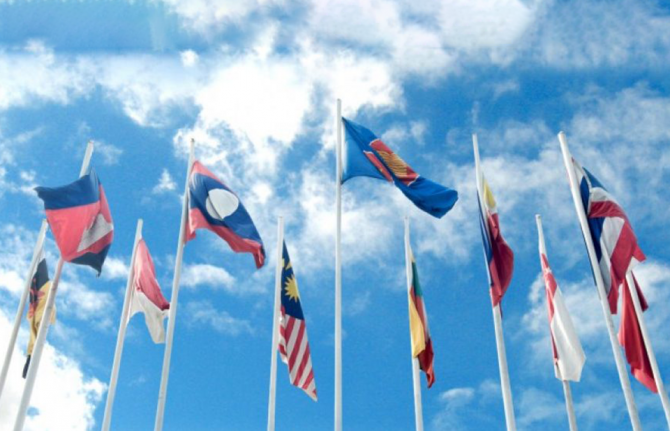
Ahead of World AIDS Day, ASEAN countries recommit to ending inequalities and accelerating progress to end AIDS
Member States of the Association of Southeast Asian Nations (ASEAN) have reaffirmed their commitment to accelerate progress toward ending AIDS as a public health threat by 2030. At the 40th and 41st ASEAN Summits under the Chairmanship of the Kingdom of Cambodia, Member States pledged to strengthen community-led responses and increase financing for the HIV response. Echoing the World AIDS Day call to “equalize” the AIDS response, country leaders also agreed to a comprehensive agenda to end the…

Dangerous inequalities and overcoming them
Grace Amodu was 7 years old when she found out she was living with HIV. Until then she had been told to take pills daily for malaria or for headaches but she grew tired of it. Screaming and kicking she told her brother that she was going to stop taking her medicine and that she wanted answers. Her mother took her aside and explained that she was born with HIV and that the treatment would keep her healthy like other kids.
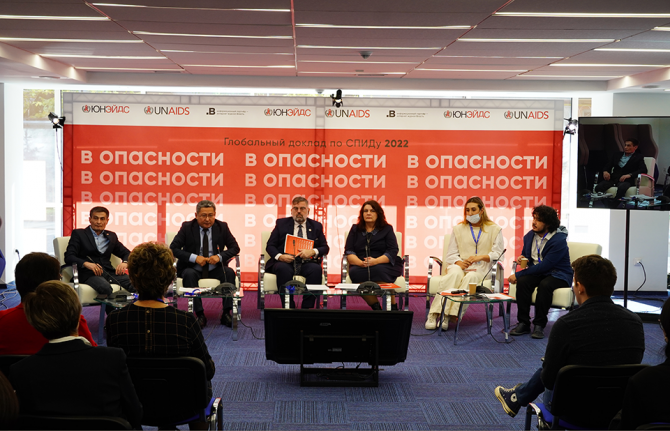
Eastern Europe and Central Asia may face an accelerated increase in new HIV infections and AIDS-related deaths because of the humanitarian crisis gripping the entire region
Global shocks, including the COVID-19 pandemic and the war in Ukraine, have further exacerbated risks for the HIV response in Eastern Europe and Central Asia. The growing HIV epidemic and several waves of migration and refugee crises in the region require urgent and considerable efforts to ensure access to essential HIV services for all people in need. Officials and community representatives from several countries of the region have discussed how to address those challenges using the…

